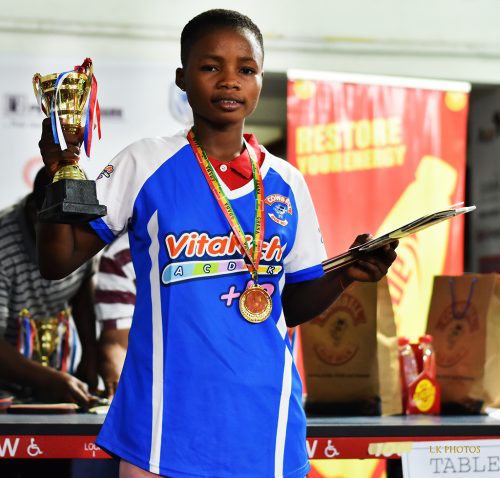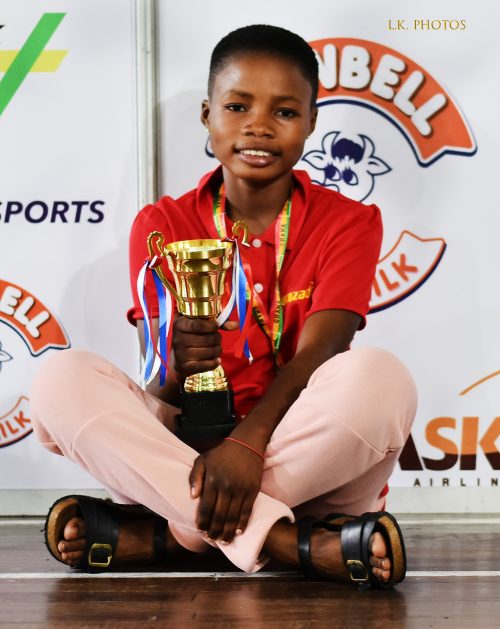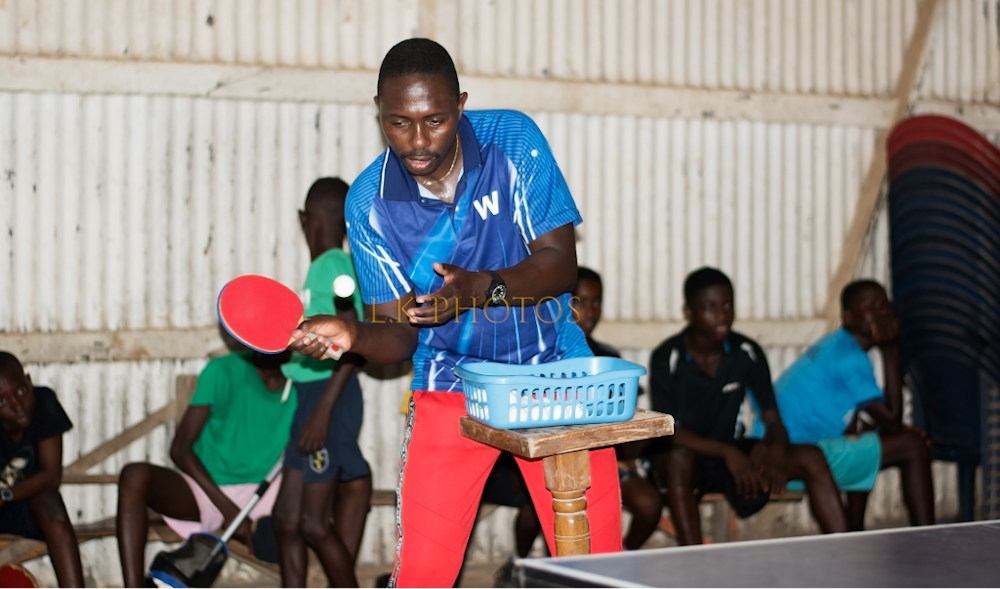Opportunity favors the prepared mind, in this post, I would outline a few tips I use before a table tennis championship.

- Fitness: To perform at the highest level, a player needs to be physically fit. A player should engage in exercises relevant to table tennis. Footwork exercises designed to improve the efficiency, speed and fitness of the player should be practiced. Being fit as a player reduces the risk of injuries and prolongs the career of the player.
- Rest and Sound Mind: To perform at an optimum level a player needs an ample amount of rest. The body is allowed to adapt to the stress associated with exercise, replenishes muscle glycogen (energy stores), and provides time for the body tissue to repair. Sound mind provides clarity of thought needed for sound decision making. A player with a sound mind is able to analyze the conditions during a game. Such a player is motivated and is only limited by his own abilities.
- Training and Strokes : The quality of one’s game depends on the strokes played. Constant practice of the strokes would sharpen the skill of the player thereby increasing chances of winning. A player needs to work on all the strokes required during a match, such as topspins, chops, flicks, shorts, blocks, drives ETC. The aim is to attain perfection in these strokes if possible or a decent level of skill required to play competitively. A decent level of skill enables consistent play during matches, thereby reducing the number of unforced errors.

- Equipment and Venue: Players if possible need to travel in advance to tournaments. The equipment used for a given tournament would not be the exact equipment used by the player in training. Arriving early provides the opportunity to understand the playing conditions. This comes at an extra cost to the player and the team, however, the satisfaction of victory would compensate.
- Game Tactic: The most important thing is the game itself. A player needs to understand the opponent. Before the tournament the draw for the event would be published, this provides the player a clear indication of his or her opponent. If there are videos of the opponent, it is imperative the player watches in other to understand the strengths, weaknesses, and decision-making of the opponent. The knowledge gained during the video analysis can then be incorporated into game tactics. For instance, during the video analysis, if a weakness is identified in the opponent, a game strategy or tactics should be adopted to exploit the weakness. Also, the strengths of the opponent need to be appreciated and respected. This enables the player not to be surprised when the opponent executes a given stroke. Not being surprised means the player could adequately prepare for the stroke should it be used during the match.

Coaching: The technical abilities of a player’s bench impacts the performance. Coaching entails the following :
i. Dialog – The coach or trainer should have a good working relationship with the player. This encourages frank and respectful conversation about the player’s game.
ii. SWOT Analysis – The coach needs to know the competencies of the player. This enables the coach to craft game tactics suitable to the skill set of the player and at the same time difficult for the opponent. Appreciation of the skills of the opponent enables the coach to caution the player about his or her decision-making. A coach who appreciates that an opponent has a strong forehand cautions his or her player, not to place balls that could easily be attacked, to the forehand of the opponent.
iii. Game Stages – It is the responsibility of the coach to alert the player from the bench, the crucial nature of a given point. When the game is getting to an end a player needs not to lose his or her serve. Depending on the experience of the player the coach needs to reiterate this point. It is also at this stage that the coach would remind the player of the weaknesses of the opponent in order for the player to exploit.
I know there are many more tips used by players and coaches around the world. Kindly share in the comments section.

